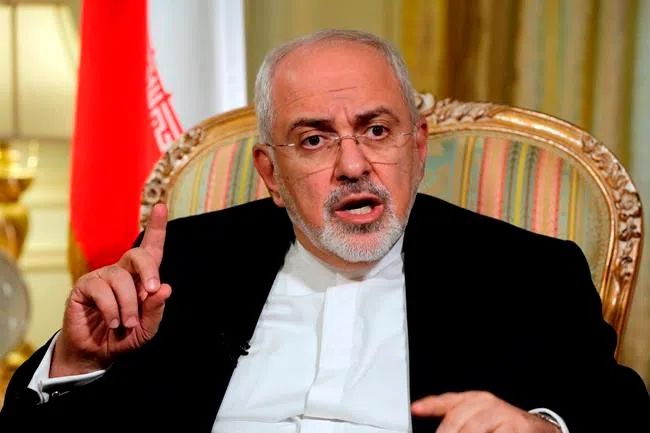
Iran’s foreign minister says no renegotiating nuclear deal
TEHRAN, Iran — Iran’s foreign minister took to YouTube on Thursday to criticize President Donald Trump’s threat to withdraw from the nuclear deal, saying Iran will not “renegotiate or add onto” the atomic accord.
Mohammad Javad Zarif’s video, which was also posted to Trump’s favourite social media platform, Twitter, appeared to be taking his message to the masses after earlier speaking to news outlets across the United States to defend the deal.
It comes as Trump has signalled he will withdraw from the agreement by May 12 if it is not renegotiated and changed. Those changes have included proposals to limit Iran’s ballistic missile program, which Tehran says it has as a defensive deterrent.
The five-minute video shows Zarif behind his desk, delivering his message on the deal. He offers background first about the deal before laying into Trump and criticizing Europe for offering “the United States more concessions from our pocket.”
